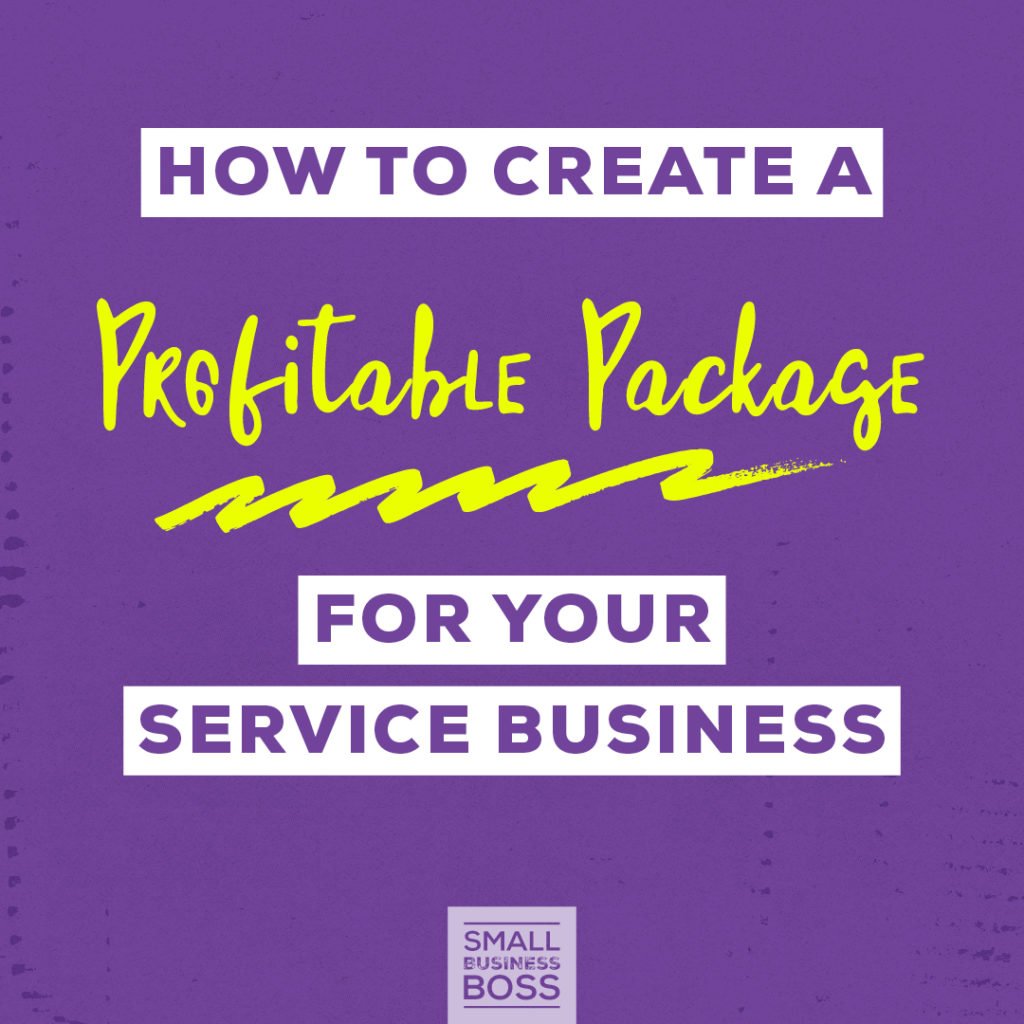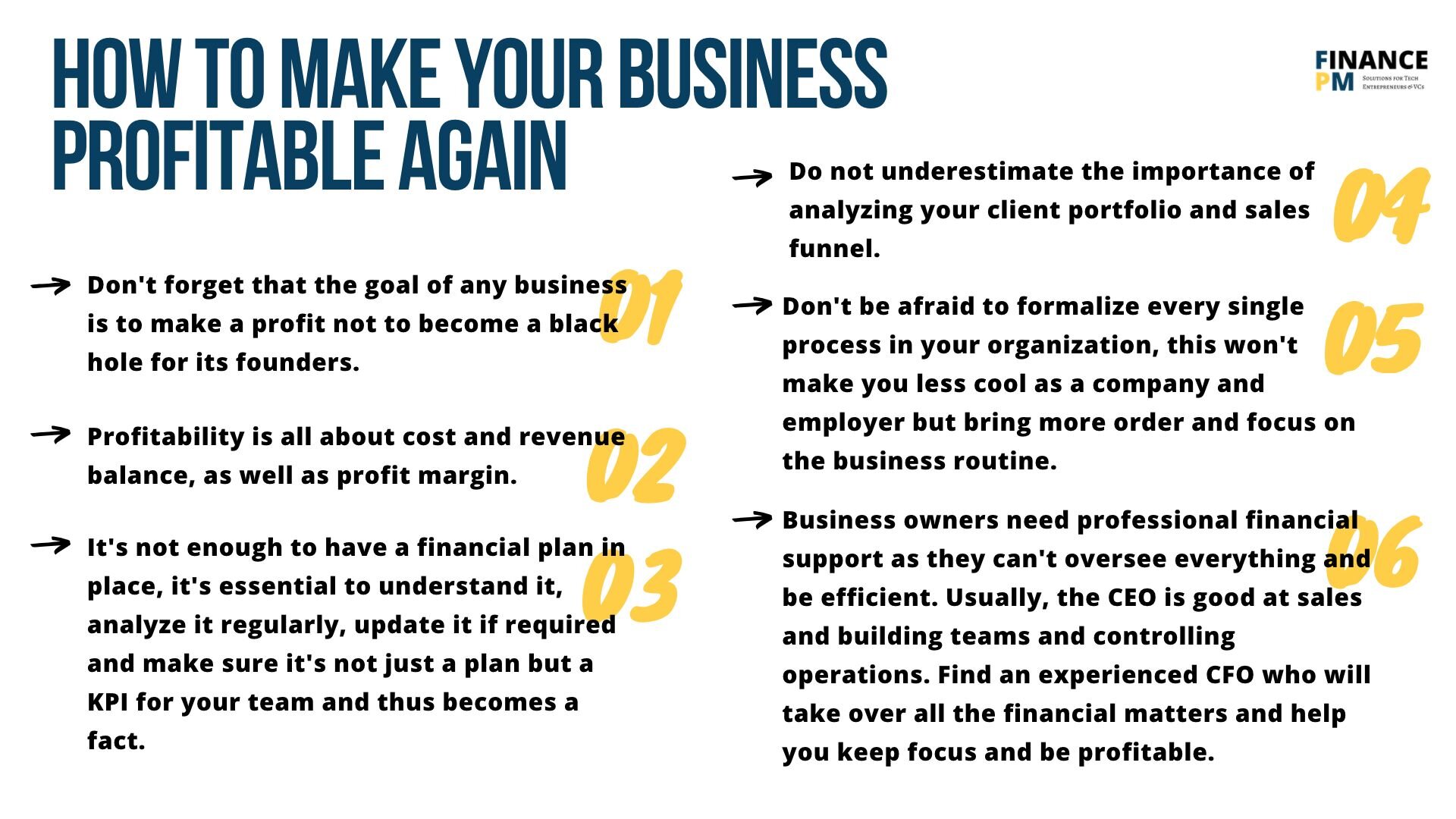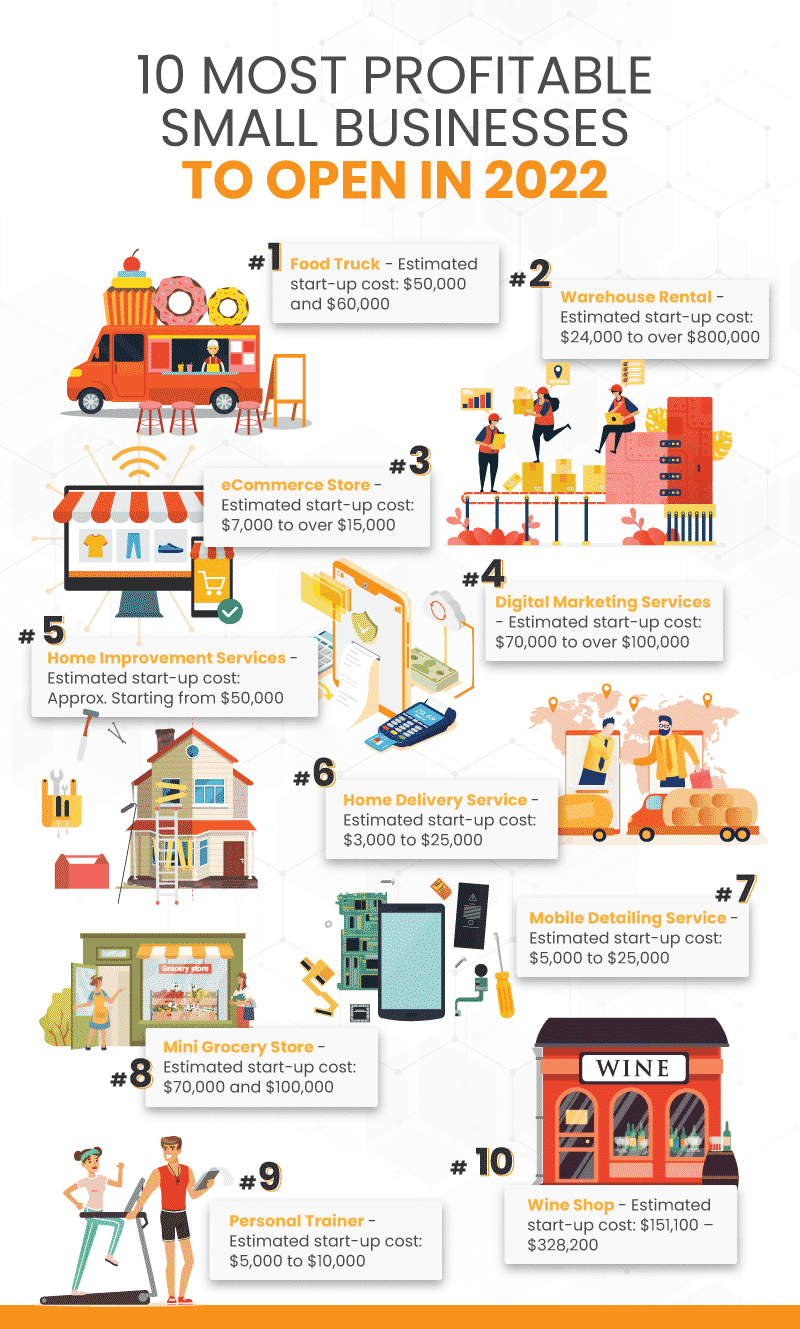How To Make A Service Business Profitable

Imagine a sun-drenched Saturday morning, the aroma of freshly brewed coffee wafting through the air. A local dog walker, Sarah, cheerfully greets her four-legged clients, their tails wagging with anticipation. Sarah loves her job, but lately, the numbers just aren't adding up. Her passion is immense, but profit feels elusive.
This scenario is a common reality for many service-based businesses. While passion fuels the initial spark, building a truly profitable enterprise requires strategic planning and a deep understanding of business principles. This article delves into the essential steps to transform a struggling service business into a thriving success story, focusing on practical strategies and proven methods.
Understanding Your Value Proposition
Before anything else, deeply understand what value you bring to your customers. What problem are you solving? What makes you different from the competition?
Defining your unique selling proposition (USP) is the cornerstone of profitability.
According to a 2023 report by the Small Business Administration (SBA), businesses with clearly defined USPs are 30% more likely to experience sustainable growth.
Pricing Strategies That Work
Many service businesses struggle with pricing. Undercharging might attract clients initially, but it's a fast track to financial instability. Overcharging, on the other hand, can deter potential customers.
Research your market thoroughly. Analyze competitor pricing and factor in your own costs (labor, materials, overhead) to determine a sustainable and competitive price point.
Consider offering tiered pricing packages to cater to different needs and budgets.
"Price is what you pay. Value is what you get,"as Warren Buffett famously said, highlighting the importance of aligning price with the perceived value.
Operational Efficiency is Key
Streamlining your operations can significantly impact your bottom line. Identify areas where you can reduce waste and improve productivity.
Implement efficient scheduling systems. Utilize technology to automate repetitive tasks, freeing up your time to focus on core business activities.
For example, Sarah, the dog walker, could use an app to manage her appointments, track her mileage, and communicate with clients, saving her valuable time and reducing administrative burden.
Marketing and Customer Acquisition
No matter how good your service is, if no one knows about it, you won't make any money. Invest in effective marketing strategies to reach your target audience.
Embrace digital marketing. Build a strong online presence through a website and social media. Leverage search engine optimization (SEO) to improve your visibility in online searches.
Don't underestimate the power of word-of-mouth marketing. Encourage satisfied customers to leave reviews and offer referral bonuses.
Building Strong Customer Relationships
Acquiring new customers is important, but retaining existing ones is even more crucial. Happy customers are repeat customers, and they are also your best advocates.
Provide exceptional customer service. Be responsive, attentive, and go the extra mile to exceed expectations. According to a study by Bain & Company, increasing customer retention rates by 5% can increase profits by 25% to 95%.
Actively solicit feedback and use it to improve your services. Building a loyal customer base is a long-term investment that pays off handsomely.
Financial Management and Planning
Effective financial management is the backbone of any profitable business. Track your income and expenses meticulously.
Create a budget and stick to it. Monitor your cash flow closely and identify any potential financial risks early on. Consider using accounting software to streamline your financial processes and gain better insights into your business performance.
Regularly review your financial statements and make adjustments as needed. Consult with a financial advisor for expert guidance.
Continuous Improvement and Adaptation
The business landscape is constantly evolving. To stay competitive, you must be willing to adapt and embrace change.
Continuously seek out new knowledge and skills. Stay up-to-date on industry trends and best practices. Be open to experimentation and innovation.
Regularly assess your business performance and identify areas for improvement. Embrace a growth mindset and never stop learning.
Running a profitable service business is a marathon, not a sprint. It requires dedication, hard work, and a willingness to learn and adapt. By focusing on delivering exceptional value, managing your finances wisely, and building strong customer relationships, you can transform your passion into a thriving and sustainable enterprise. Just like Sarah, with the right strategies, you can turn your dreams into a reality.


















